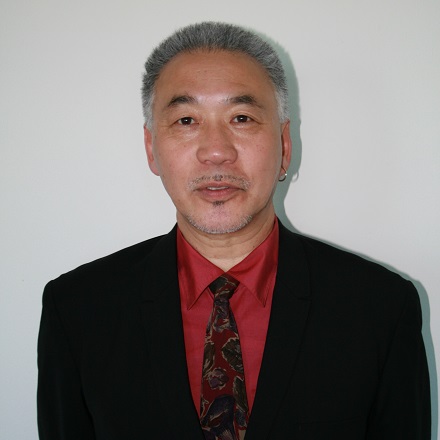
Tooru Nemoto, PhD
Program Director,
Health Intervention Projects for Underserved Populations
Program Director,
Health Intervention Projects for Underserved Populations
Brandie Campbell
Email: bcampbell@phi.org
Tooru Nemoto, PhD, is research program director and founder of the Health Intervention Project for Underserved Populations (HIPUP) at PHI and oversees a number of substance abuse and HIV prevention studies and programs for stigmatized and neglected populations, such as Asian and Pacific Islander men who have sex with men, transgender and gender non-binary people, substance users, and sex workers.
Nemoto’s research focuses on the social and cultural contexts of substance use and HIV-related risk behaviors, as well as racial/ethnic, gender, and sexual identity. He collaborates with substance abuse and HIV/AIDS care and prevention agencies in the San Francisco Bay Area and researchers in Asian countries, such as Japan, Thailand, and Malaysia.
Before joining PHI in 2007, Nemoto was associate professor in the Department of Medicine at the University of California, San Francisco (UCSF). He has been a review member for the National Institutes of Health’s (NIH) study sections and was co-chair for the National Institute on Drug Abuse Asian American and Pacific Islander Workgroup from its inception in 1999 until 2006.
Nemoto is funded by federal and state agencies (e.g., NIH, the Substance Abuse and Mental Health Services Administration, the Health Resources and Services Administration, the California HIV/AIDS Research Programs) and private foundations (e.g., Kaiser Foundation) to conduct research and service projects.
Nemoto earned a doctorate in community psychology from New York University and completed postdoctoral work at the Institute for Health Policy Studies at UCSF.
You change the world. We do the rest. Explore fiscal sponsorship at PHI.
Together, we can accelerate our response to public health’s most critical issues.
Begin your career at the Public Health Institute.
During 2024, PHI worked alongside our partners to advance public health research, policies, programs and interventions in communities around the globe. Explore some of our most impactful work in 2024—a collection of our top stories, tools, resources and ideas that helped to improve health, advance equity and build community power.
